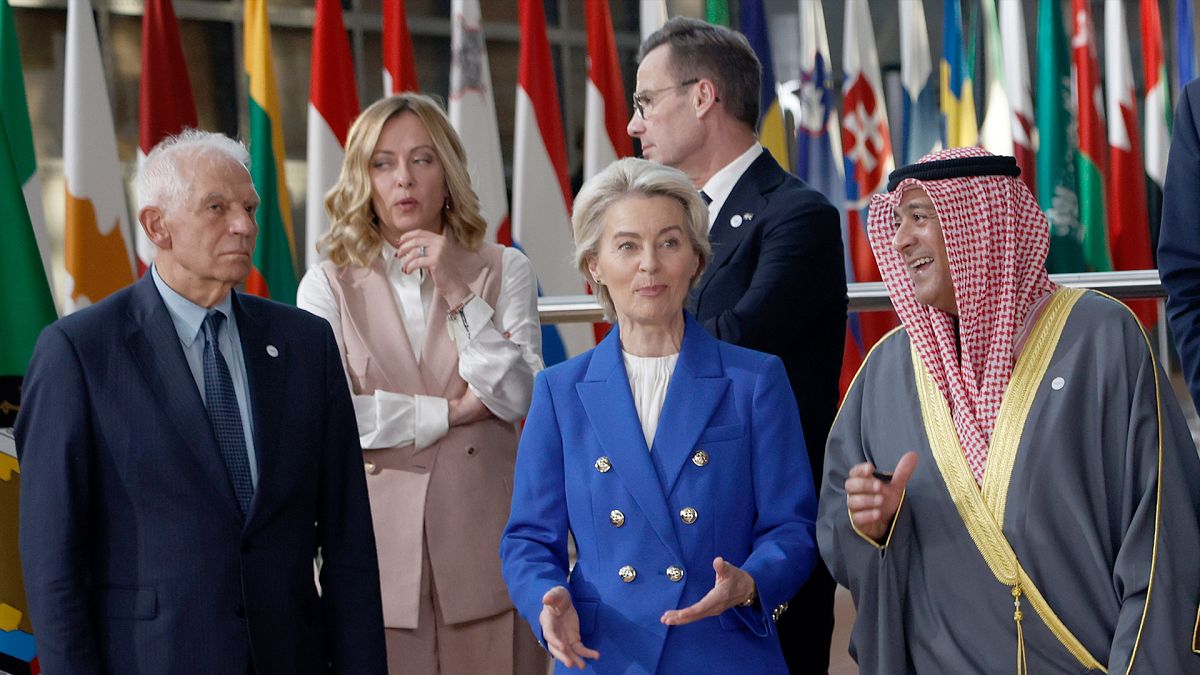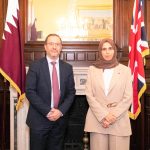The European Union’s foreign policy chief, Josep Borrell, recently commended the efforts of Gulf countries in the Middle East and stressed the urgent need for humanitarian aid in Gaza. A joint summit was held in Brussels between representatives of the EU and the Gulf countries to strengthen their relationship. The summit focused on various issues, including the ongoing conflict in the Middle East. Borrell praised the Gulf countries for their contributions to regional security and their efforts to bring an end to the violence. He highlighted the importance of the two-state solution for lasting peace, which was launched by the Gulf partners at the UN General Assembly in September.
A communiqué agreed upon by all leaders at the summit called for an immediate and comprehensive ceasefire in the region. The leaders also emphasized the need for the release of all hostages held by Hamas, the exchange of Palestinian prisoners, and the unimpeded access to humanitarian aid in Gaza. Borrell stated that these priorities were shared by all parties involved. The joint statement also addressed the ongoing conflict in Ukraine, emphasizing the importance of achieving a just and lasting peace in accordance with the United Nations Charter.
Despite the positive outcomes of the summit, controversy arose regarding a private meeting between European Commission President Ursula von der Leyen and Crown Prince of Saudi Arabia Mohammed bin Salman. Bin Salman has been accused of ordering the murder of journalist Jamal Khashoggi in 2018. The meeting sparked criticism and raised questions about the EU’s relationship with Saudi Arabia. However, the EU and the Gulf states have agreed to continue holding regular meetings every two years, with the next meeting scheduled for 2026 in Saudi Arabia.
Overall, the joint summit between the EU and the Gulf countries highlighted the importance of cooperation and dialogue in addressing key issues in the Middle East. The discussions focused on regional security, humanitarian aid in Gaza, and the need for peaceful resolutions to conflicts such as the ongoing war in Ukraine. Despite some controversies surrounding individual meetings, the leaders reaffirmed their commitment to working together towards common goals and solutions. The regular meetings scheduled for the future indicate a desire for continued partnership and engagement between the EU and the Gulf countries.











